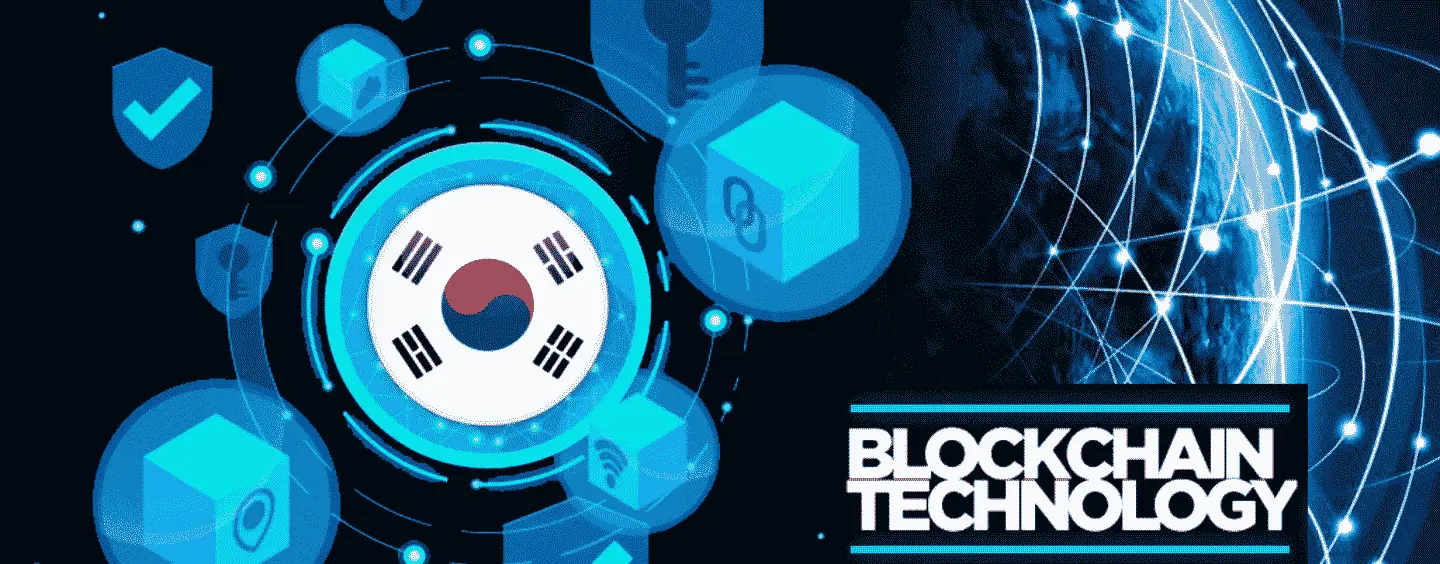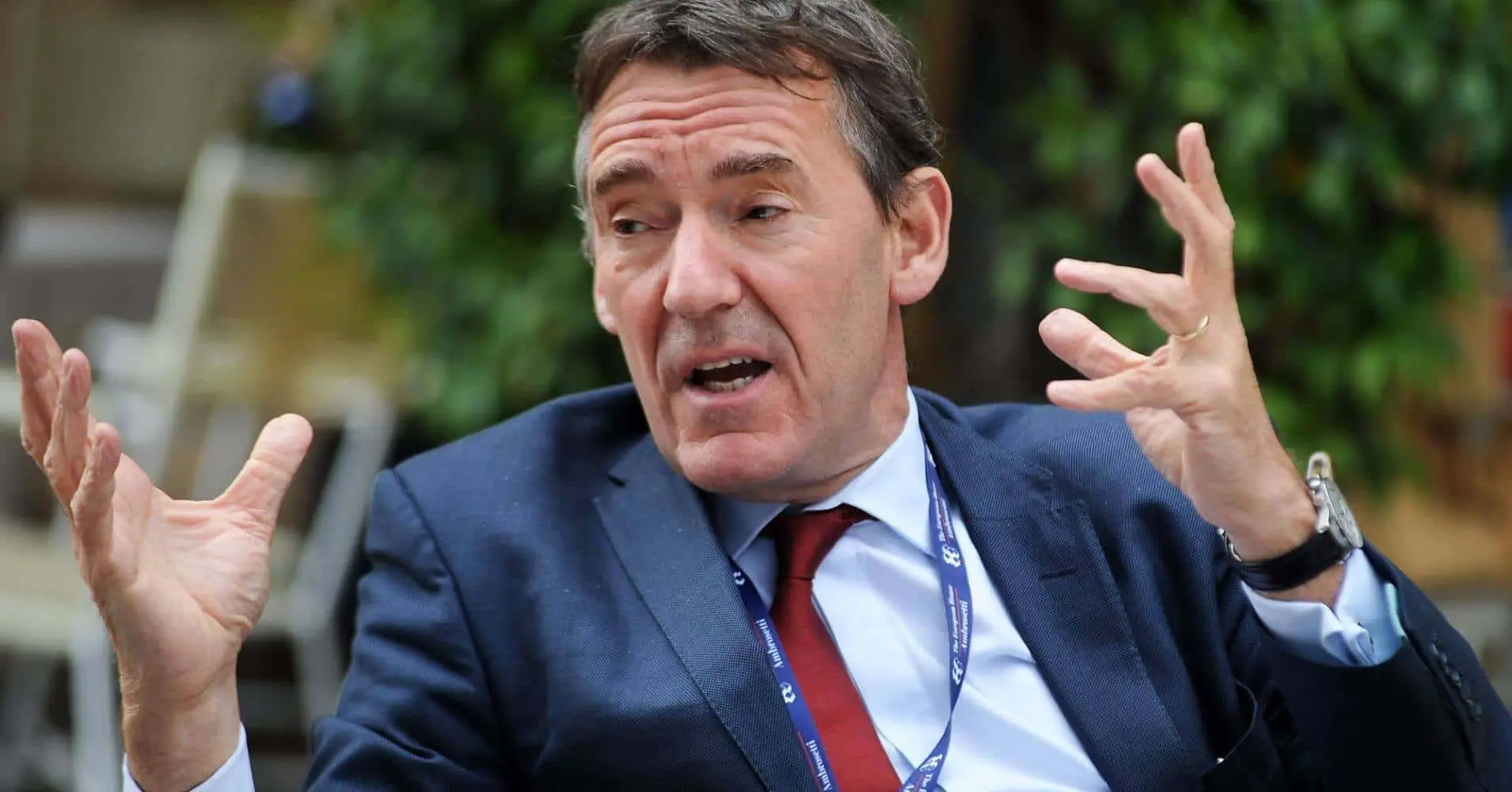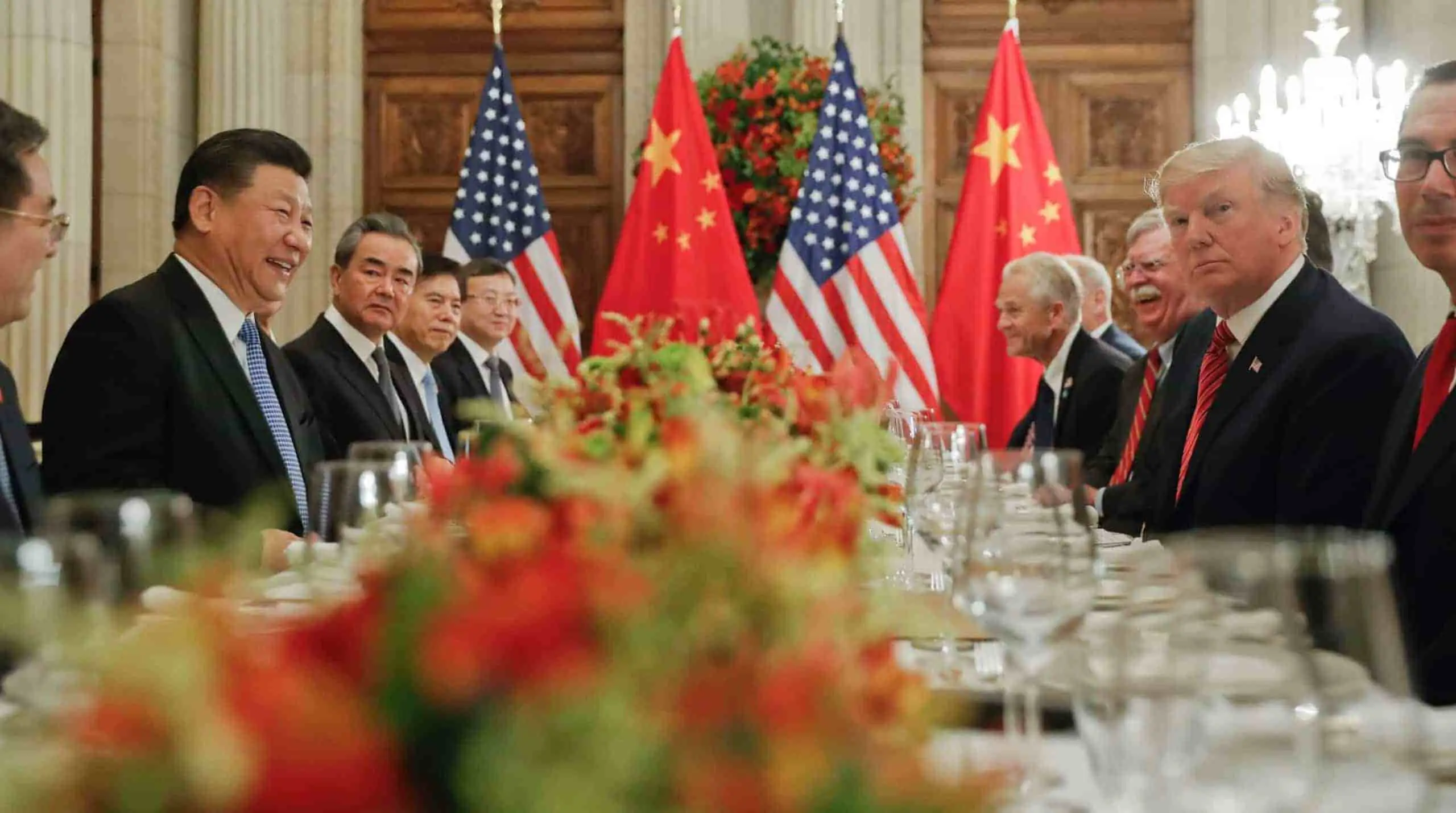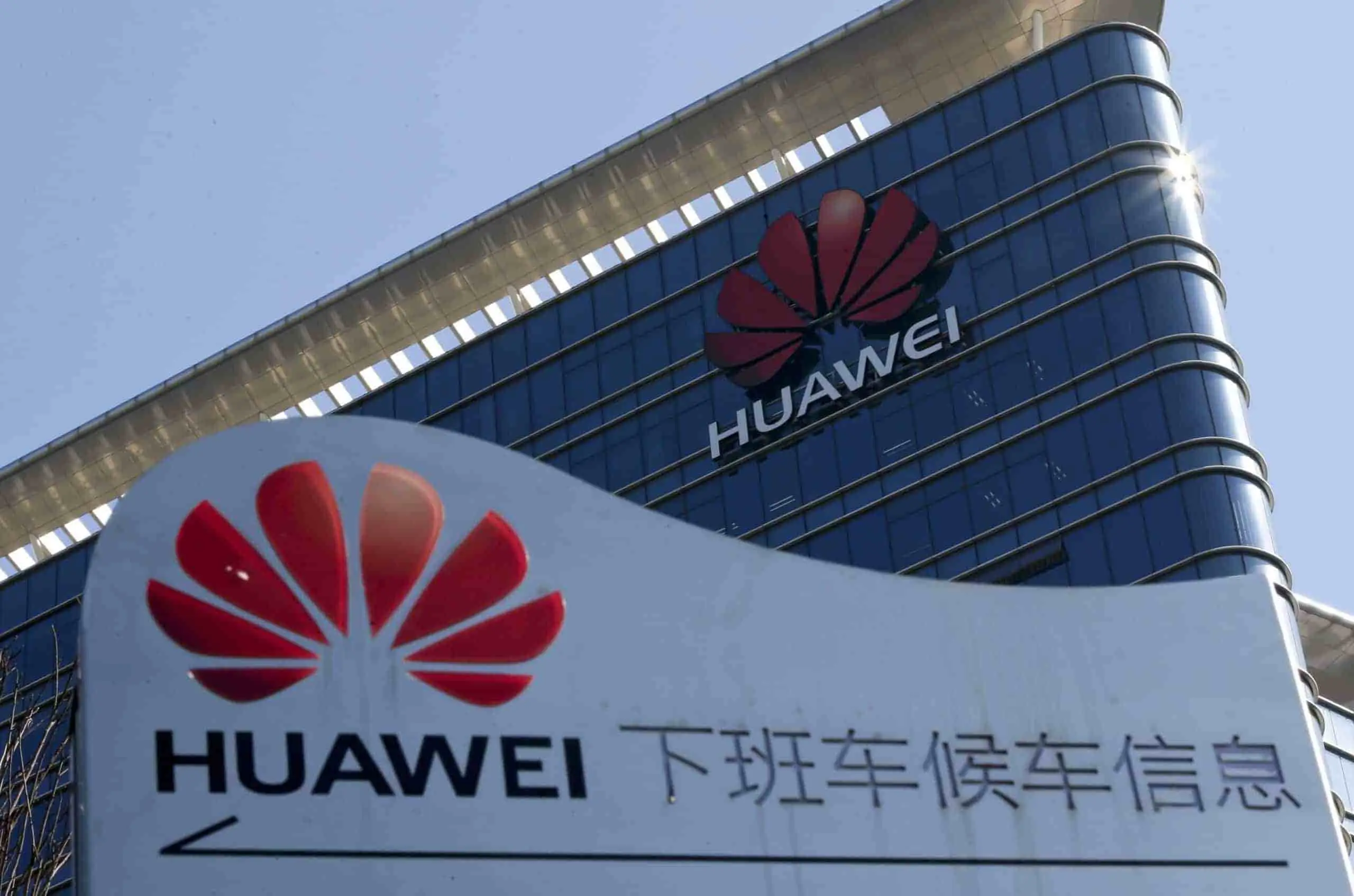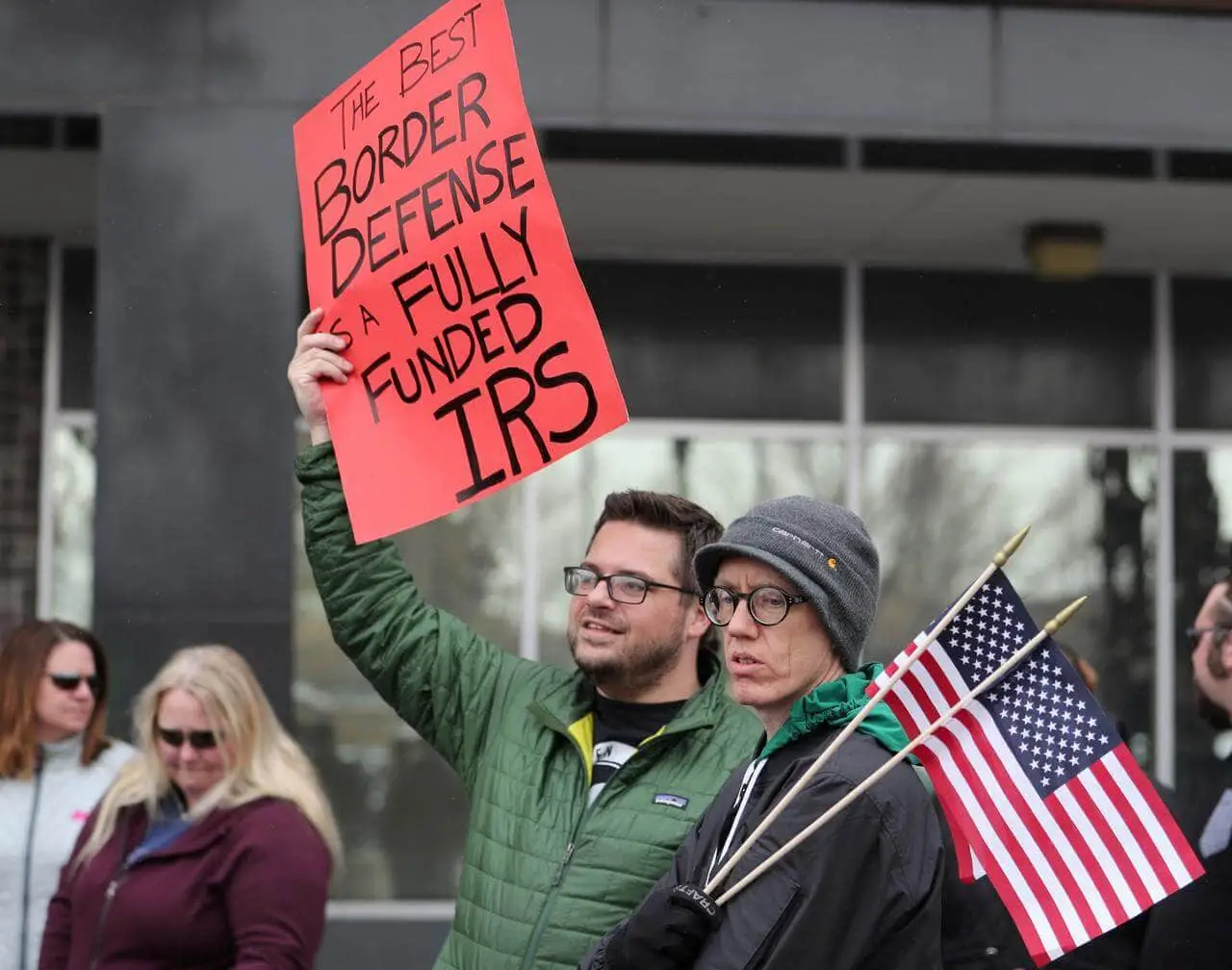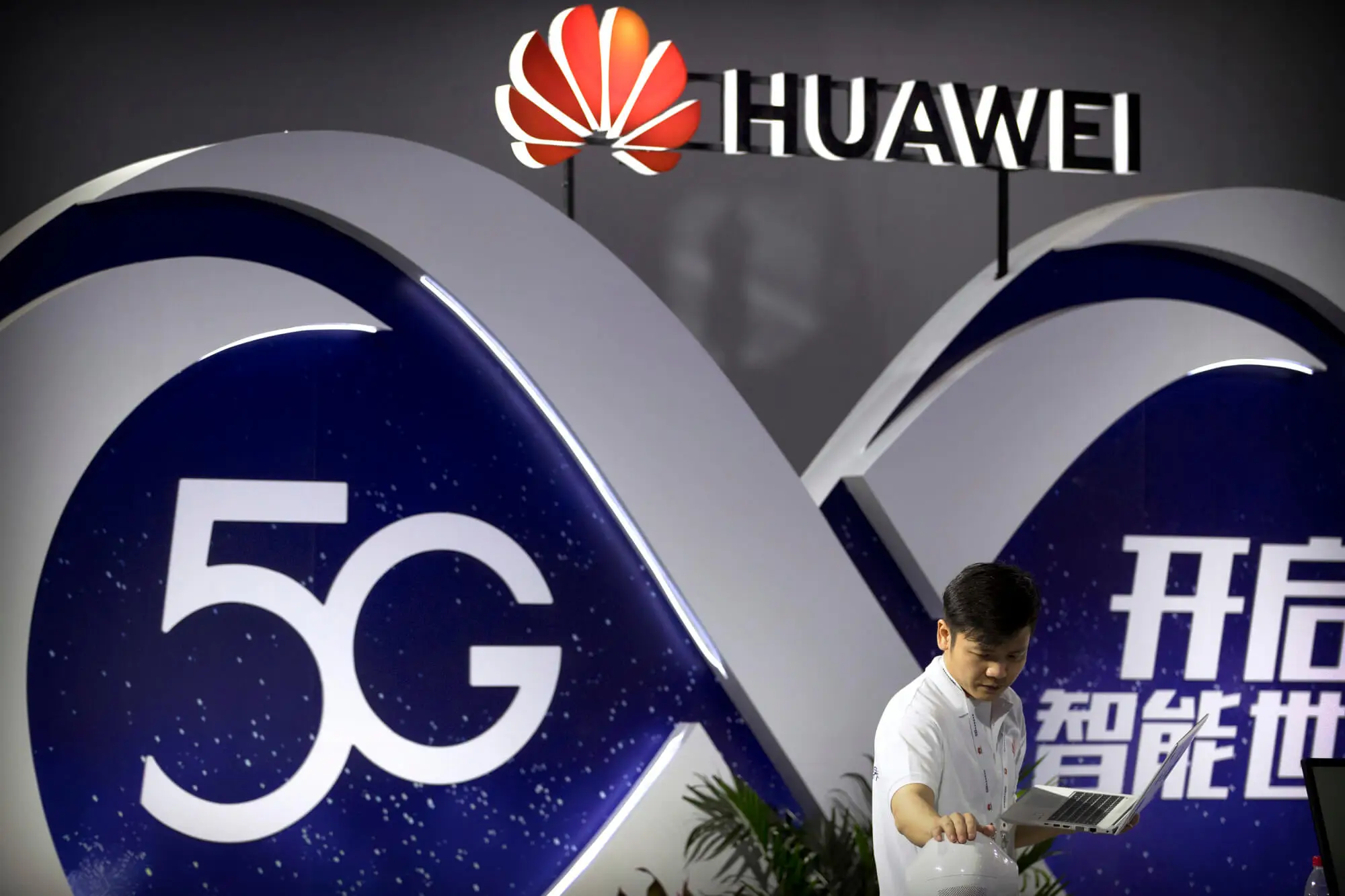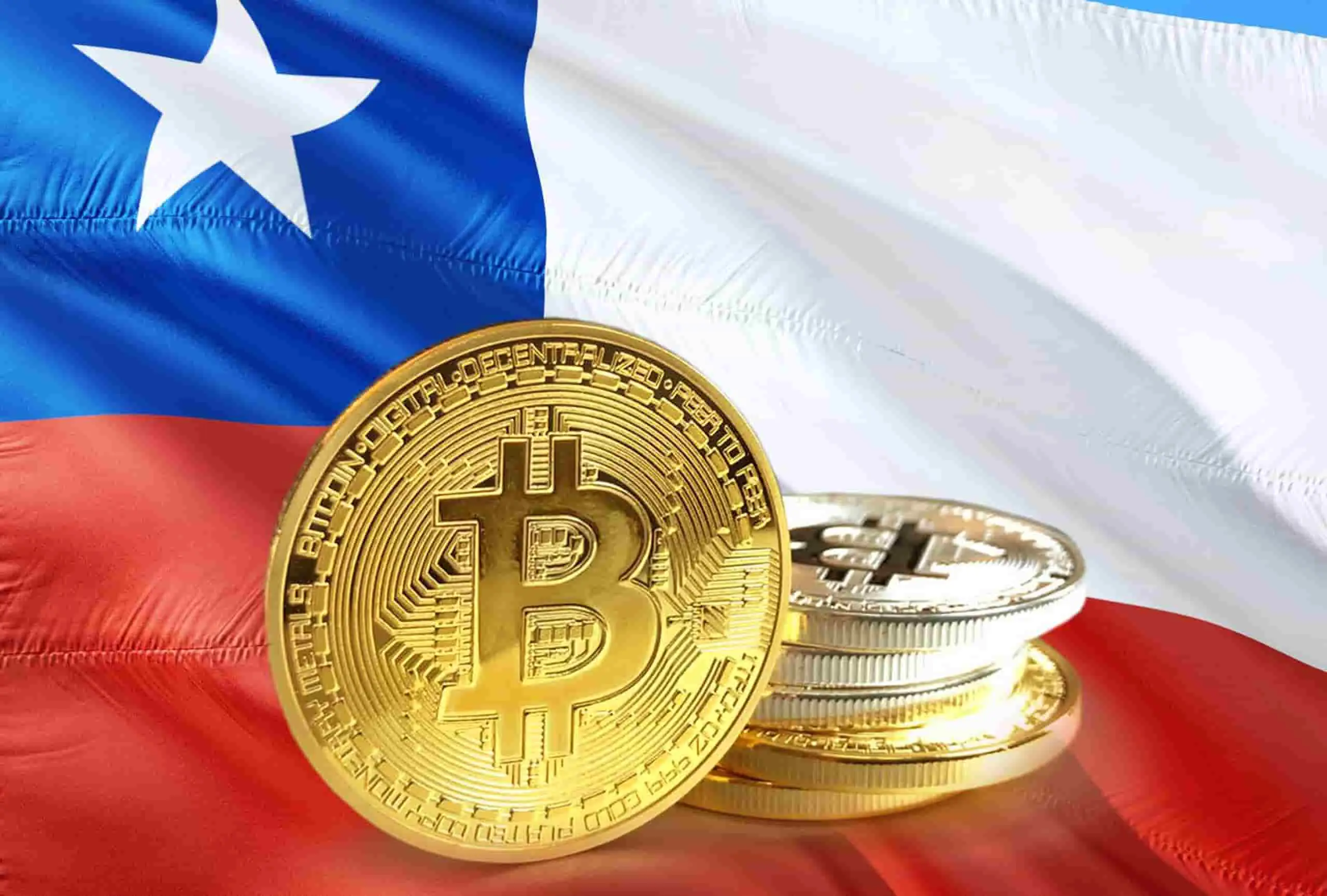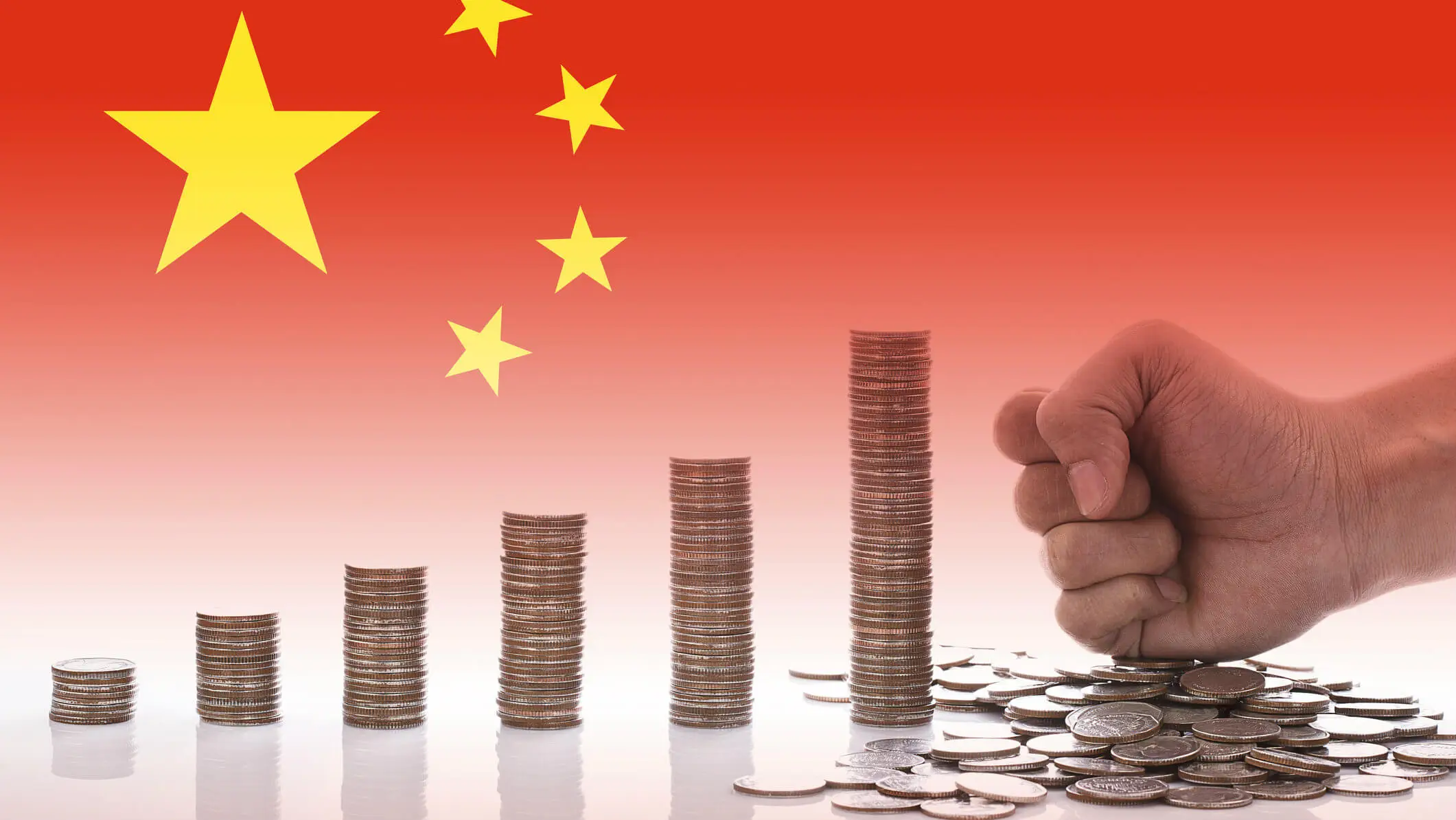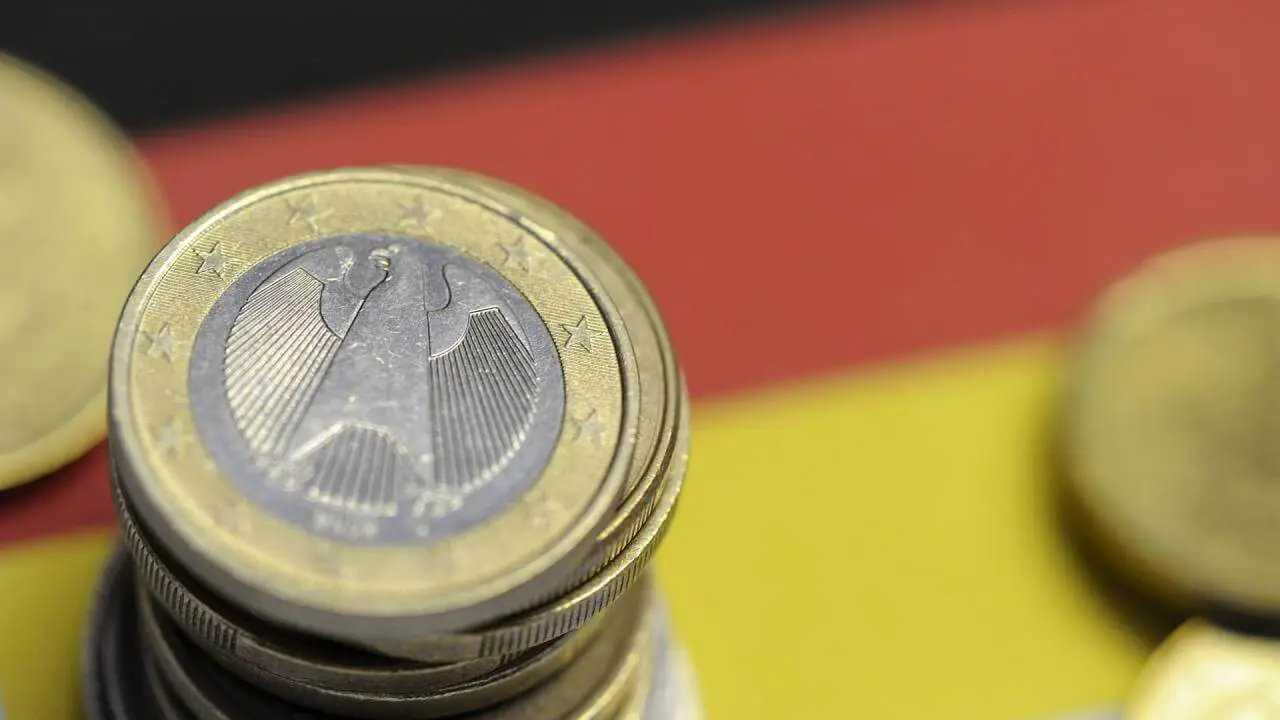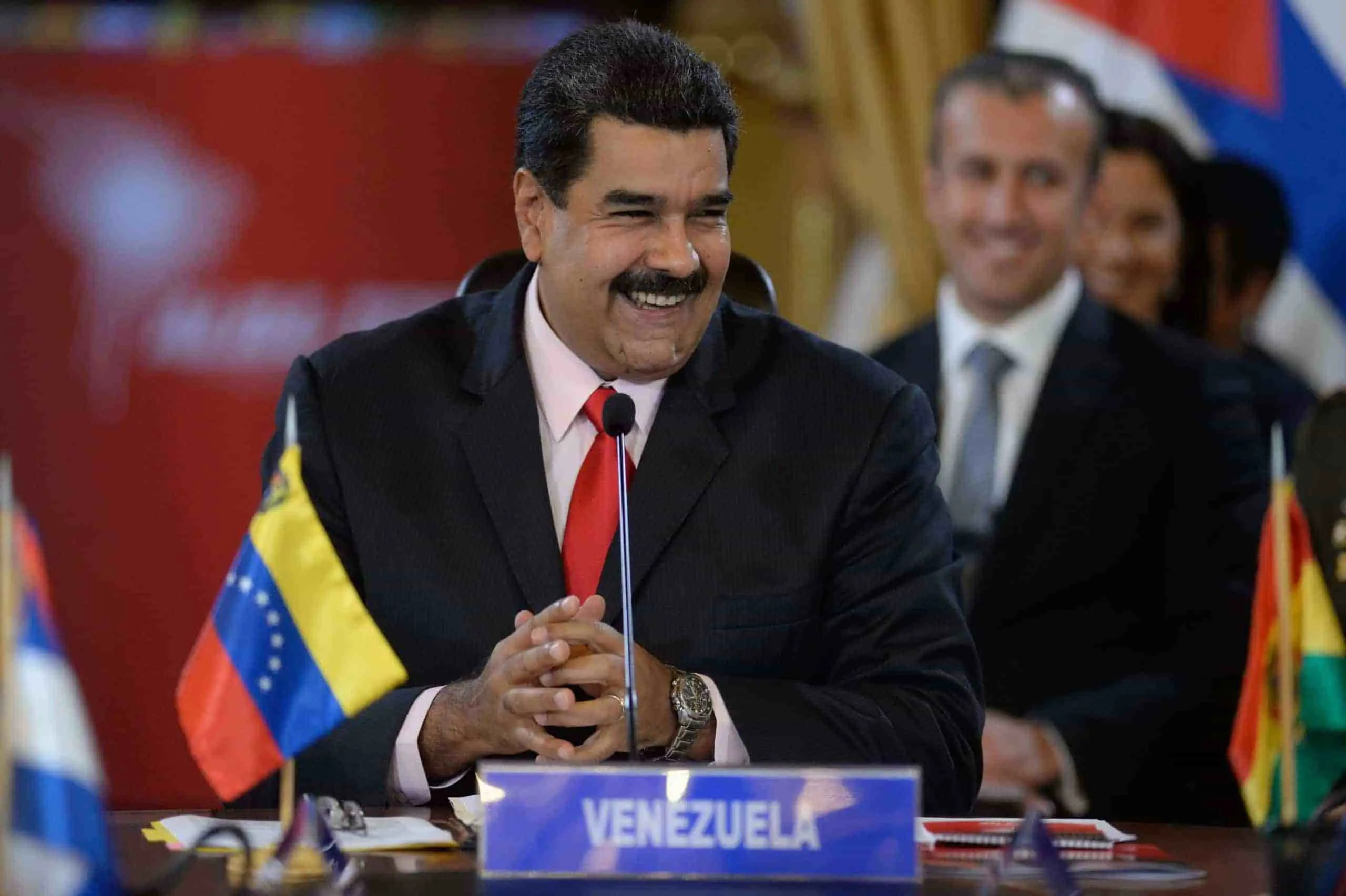Information that has been gathered from various sources has confirmed that Seoul city’s (South Korea) government has been turning in to a public blockchain for favoring few administrative applications.
Out of all the blockchain projects that South Korea has, ICON is its largest project, and the Government of Seoul has chosen this project to process information, issue documents and help in performing various administrative tasks. A special governance team has also been created by the Seoul Metropolitan Government on the 8th of February to further bring a blockchain ecosystem with the help of citizens of Seoul. This team comprises of 40 college students, 30 normal residents, 20 blockchain developers, and ten industry experts. For the Government, they will perform operations on the distributed ledger based systems by developing, testing, deploying. Finally, the Government associates all the blockchain applications created by this team with the core operating IT systems of the government that generally carry out the administrative tasks. To further stabilize this movement of the Seoul Blockchain Governance team, the government had taken a step to send appointment invites to 100 members of the team. These letters were sent out to the team members through a mobile application which had offered the advantage of being publically accessed along with the distributed ledger explorers. This had been possible as it was processed with the help of the ICON network. These letters that were sent out were in the form of transactions.
J.H. Kim, a council member of the ICON Foundation and CEO of ICONLOOP, had made it very clear that this initiative will be a stepping stone towards broader adoption of blockchain and decentralized systems by the government of South Korea.
He said:
“We see this project as the first step in the adoption of ‘public blockchain’ extending from the current private blockchain usage by public agencies in South Korea. ICONLOOP will work closely with the city’s administrative services to realize the future where disruptive blockchain technology to underpin many aspects of our daily lives.”
Kim stressed on the use case of private distributed ledger projects in linking efficient systems to a public network and quoted that:
“We are thrilled to have a great opportunity to lead public blockchain use-cases on top of the ICON Network led by the government; this became only possible based on our private blockchain projects in cooperation with the Seoul Metropolitan Government to provide transparent and efficient blockchain-based administration services.”
Both the ICON network and the government are looking forward to making use of the distributed ledger technology to process crucial administration services such as citizenship card services, authentication of documents, sub-contract payments, and mileage points integration.
In Zurich, Switzerland, Mayor Park mentioned that the government would develop a citizen’s card using the distributed ledger which will be used to process payments, store mileage, and carry out a variety of daily tasks. Initially, this vision had a lot of views from analysts and the cryptocurrency community, but now the government is trying to convince the people of Seoul that the blockchain can be widely implemented.
